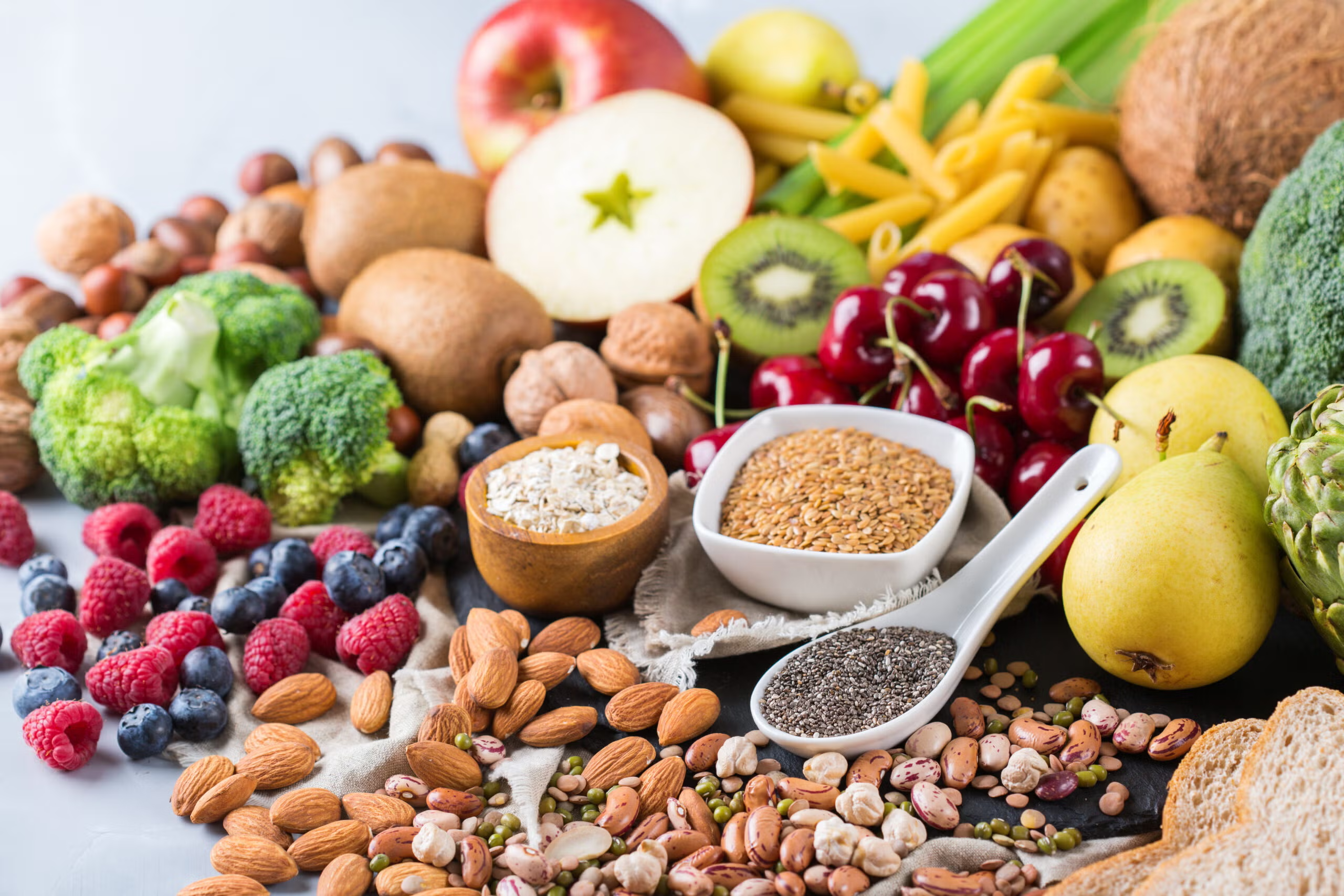EN 16749 Sugar Profile Measurement in Fruit Purées
The European Standard EN 16749 outlines a standardized procedure for measuring the sugar profile of fruit purées. This method is essential for ensuring product quality and compliance with regulatory requirements, especially within the food and feed sectors.
Fruit purées are complex mixtures that contain various sugars such as glucose, fructose, sucrose, and other oligosaccharides. The sugar profile provides critical insights into the quality of these products by quantifying the different types of sugars present in the sample. This information is vital for food manufacturers to maintain consistency in product formulation, improve shelf life, and ensure that their products meet consumer expectations.
The standard specifies detailed procedures for sampling, preparation, and analysis. Proper sample preparation involves homogenizing the fruit purée and filtering it through a fine mesh to remove any particulates. The filtrate is then ready for analysis using high-performance liquid chromatography (HPLC) equipped with appropriate detectors.
The HPLC method allows for precise quantification of individual sugars, which can vary significantly depending on the type of fruit and processing conditions. For instance, an apple purée might have a higher proportion of fructose compared to glucose, while a pear purée could contain more sucrose. Understanding these differences helps in optimizing production processes and ensuring product consistency.
The results from EN 16749 are reported as the percentage composition of each sugar type relative to the total sugar content. This quantitative data is crucial for quality control, formulation development, and labeling purposes. Regulatory bodies often require such analysis to ensure that products meet specified sugar content requirements.
Eurolab has extensive experience in performing this test using state-of-the-art HPLC equipment. Our team of experts ensures accurate and reliable results, providing valuable insights into the sugar profile of your fruit purées. This information can be used to make informed decisions regarding product development, formulation adjustments, and compliance with international standards.
Applied Standards
The primary standard for this service is EN 16749:2018 “Sugar profile measurement in fruit purées.” This standard defines the methodology for the quantitative determination of monosaccharides and disaccharides in fruit purées. It provides detailed instructions on sampling, sample preparation, instrumental analysis, data evaluation, and reporting.
- Sampling: Representative samples should be taken from multiple locations within the batch or production run to ensure accuracy.
- Preparation: Samples must be filtered through a 0.45 µm filter before analysis.
The standard also specifies that the method should produce results with an accuracy of ±1% relative standard deviation (RSD) for individual sugar components when compared to certified reference materials.
Eurolab Advantages
At Eurolab, we pride ourselves on providing exceptional service and accurate results. Our team of highly skilled analysts uses advanced HPLC technology to deliver precise measurements that meet or exceed industry standards.
- Expertise: Our lab is staffed with experienced professionals who understand the intricacies of fruit purée composition.
- Precision: We employ cutting-edge instruments and techniques to ensure accurate measurements every time.
- Compliance: All our tests are conducted in accordance with EN 16749, ensuring that you receive results that comply with international standards.
Use Cases and Application Examples
This service has numerous applications across the food industry. Here are some examples:
- Quality Control: Regular sugar profile analysis helps manufacturers maintain consistent product quality.
- New Product Development: Understanding the sugar composition can guide formulation decisions for new products.
- Regulatory Compliance: Ensures that your products meet regulatory requirements related to sugar content.





